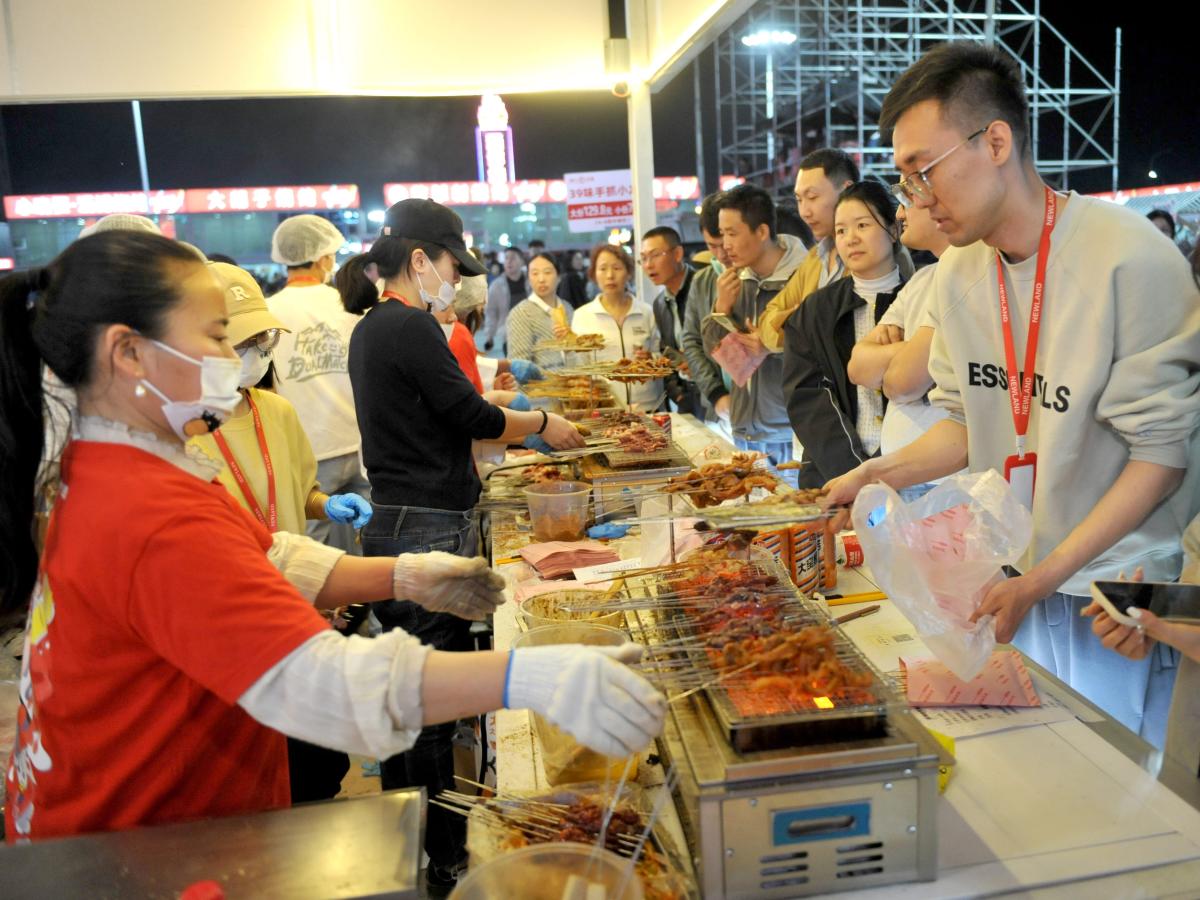-
China’s economy shows uneven recovery; industrial output rises, but retail sales slow.
-
Factory activity beat expectations, but consumers are holding back, impacting retail sales growth.
-
The property crisis is worsening, with new home prices falling at the fastest pace in over nine years.
On Friday, China released data showing an uneven economic recovery that’s keeping consumers from spending.
Factory activity cracked up, with industrial output rising 6.7% in April from a year ago, beating the 5.5% growth that analysts polled by Reuters had expected.
The employment landscape improved. The jobless rate fell from 5.2% in March to 5% in April.
However, retail sales rose 2.3% from a year ago, slowing from a 3.1% increase in March and below the 3.8% forecast economists polled by Reuters had expended — an indication that consumers are holding back.
Growth in fixed-asset investment from January to April also came in below expectations, rising 4.2% instead of the 4.6% analysts expected.
China’s epic property crisis got worse
Even though there are some green shoots in China’s economy, the country’s property market is still struggling.
Property investment fell 9.8% over the first four months of the year from a year ago. That’s worse than the 9.5% decline recorded in the first three months of the year.
New home prices in April also fell at their fastest pace in over nine years, according to Reuters calculations based on the official data.
Prices were down 0.6% month-on-month in April, deeper than a 0.3% fall in March, the fastest pace since November 2014, according to Reuters calculations based on National Bureau of Statistics, or NBS, data released on Thursday.
The decline is despite Beijing’s efforts to support the property sector, which accounted for about one-quarter of China’s GDP.
China’s economy is now in a painful transition from its reliance on lower-cost manufacturing and property to the “new three” industries of electric vehicles, solar cells, and lithium batteries.
Beijing is also stepping up on support measures including the sale of 1 trillion Chinese yuan, or $138 billion, ultra-long special sovereign bonds to fund infrastructure spending.
It’s also considering a plan for local governments to buy up millions of unsold homes, Bloomberg reported on Wednesday, citing people familiar with the matter.
This is a developing story. Please check back for updates.
Read the original article on Business Insider
